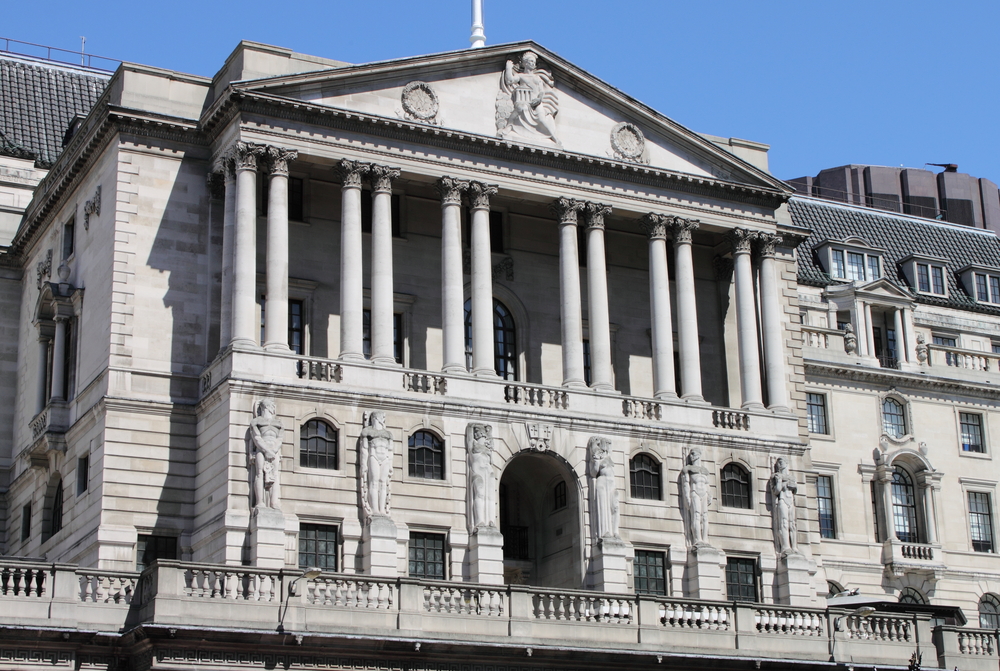Buy To Let
Bank base rate unchanged at 0.1%

The Bank of England base rate has now been at the record low level for a year.
The Bank of England’s Monetary Policy Committee (MPC) voted unanimously nine to zero to keep the base rate at 0.1%.
The MPC’s central projections in the February Monetary Policy Report assumed that Covid-related restrictions and people’s health concerns would weigh on activity in the near term, but that the vaccination programme would lead to those easing.
At the time of the report, a further increase in unemployment had been projected over the next couple of quarters. CPI inflation was expected to return towards the 2% target in the spring and, conditioned on the market path for interest rates, it was projected to be close to 2% over the second and third years of the forecast period.
Since the time of that forecast, developments in global GDP growth have been a little stronger than anticipated, and the substantial new US fiscal stimulus package should provide significant additional support to the outlook.
In part reflecting this and alongside positive news on some vaccination programmes, advanced economy longer-term government bond yields have risen rapidly to levels similar to those seen shortly before the pandemic.
Tom Stevenson, investment director for personal investing at Fidelity International, said: “What the Bank of England said was always going to be more important than what it did today. The two-way pull on the UK economy made no change to rates or bond purchases inevitable. The success of the vaccination programme and the re-opening schedule are positives but they are offset by Brexit red tape and the fiscal orthodoxy of the chancellor. The bank is right to wait and see.”
Kevin Brown, savings specialist at Scottish Friendly, said: “Tomorrow marks exactly a year since the Bank of England cut interest rates to 0.1%, the lowest level in the Bank’s 325-year history.
“The move helped to support the UK economy during the pandemic but the consequences for savers has been dire. Banks and building societies have slashed returns, which has left households with nowhere to turn and their cash is now sat idly in accounts earning little to no interest.
“Anyone with savings in a bank or building society should be aware that the real value of their cash could be further eroded if inflation does start to tick upwards. Savers wishing to protect against inflation may want to spend a little more than normal, consider investing some of their cash, or hope the Bank of England considers increasing interest rates once the economy begins to recover.”